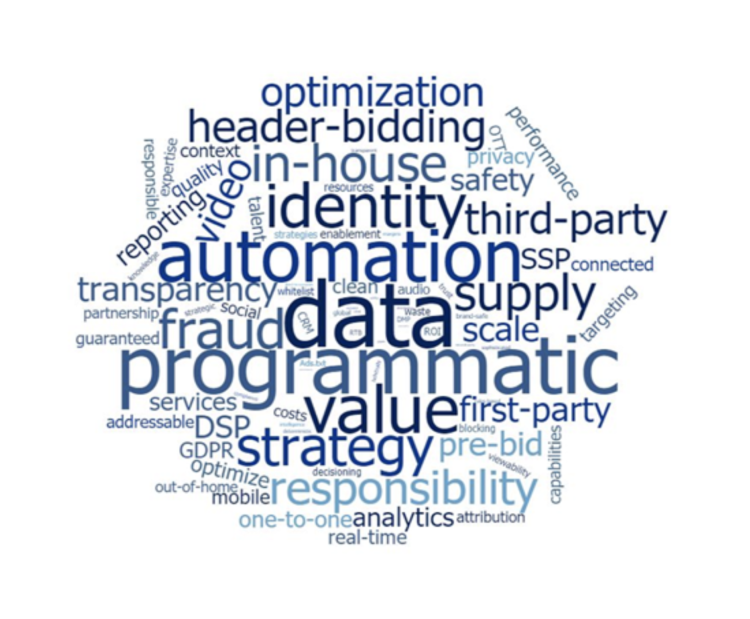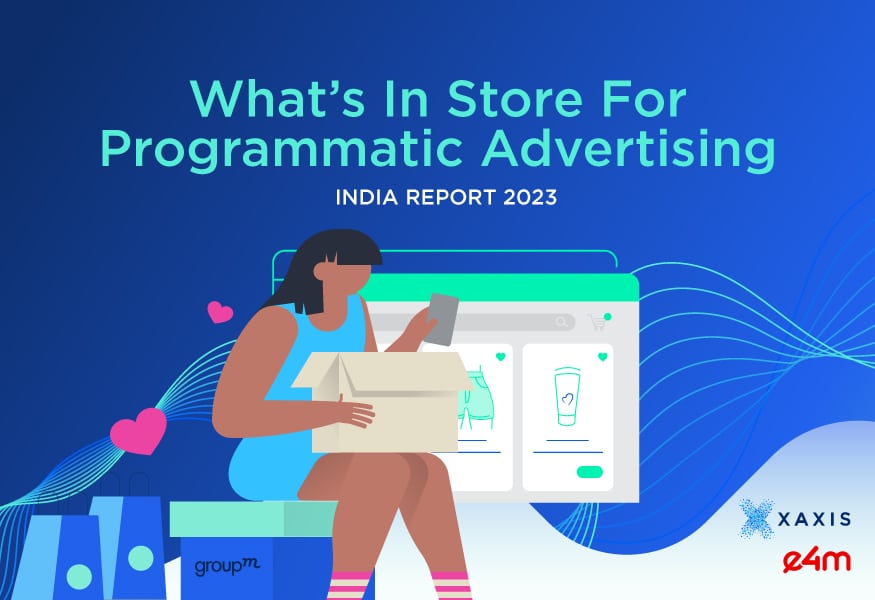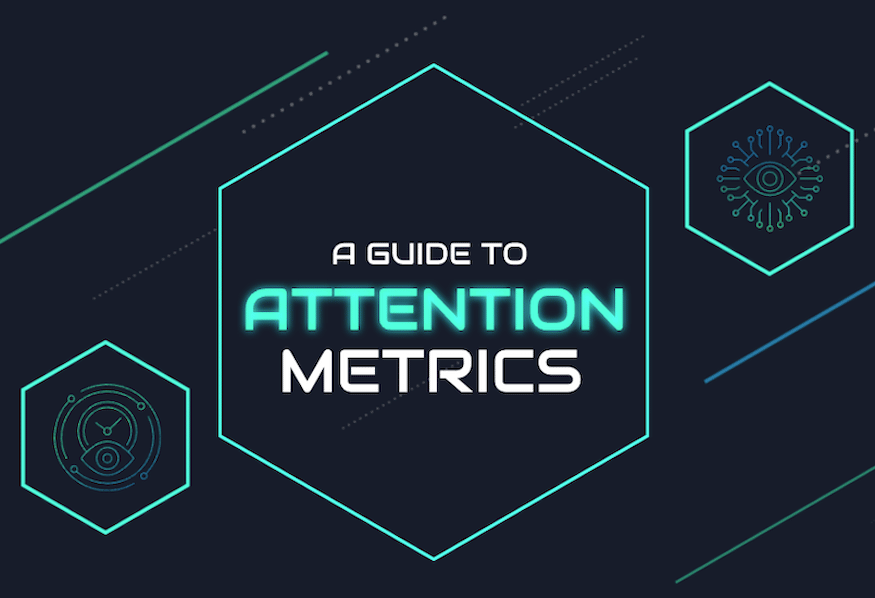Marketing success means having more data, better data, and the right expertise and technology to put it to the best use to reach the right person with the right message at the right time at an optimal frequency across all screens.
Those are some of the main conclusions of a major study by the 4A’s advertising industry trade group released Monday. The study’s researchers, tasked with finding an “empirical basis for envisioning the future of programmatic advertising and automation,” found evidence to both support and counter common wisdom.
The study makes clear that getting more and better data and handling it well are crucial to ensuring greater success for programmatic and other automated advertising in both the near- and longer-term. It also calls for the recruiting and training of staff in handling and using data, implementing artificial intelligence (AI), preventing fraud, ensuring brand safety, and improving verification. And it indicates that despite some hype and hand-wringing, there is a strong and evolving role for agencies and other partners in helping navigate the shifting landscape.

A word cloud of responses from the surveys on which the study was based.
“This research allows key constituents in the industry to better understand the future needs while evolving to consider the best way to collaborate, create new capabilities, and grow their business,” Marla Kaplowitz, President and CEO of the 4A’s, said in announcing the study, conducted by The 614 Group and sponsored by Xaxis and four other industry organizations.
The study was based on quantitative surveys of 217 executives in advertising and media, carefully calibrated qualitative interviews of 47 them, and a review of more than 200 pieces of literature and research in the fields.
Looking At Data Quality and Uses
More than three quarters of respondents (78.5%) said they deem investments in first-party data to be of high value for the success of their businesses, and nearly as many (73.1%) said they believe “the creative function will have to use data to go from the linear storytelling paradigm that dominates today to more dynamic, personalized messaging.”
More than half (50.2%) of respondents and 58.2% of C-level respondents cited “moving to DCO” — methods for automatically creating personalized messages in real time — as extremely important, a need that has strong implications for agencies’ creative efforts over the next three years.
“The centralized leadership role of the agency is [becoming] more necessary.”
Agencies Play an Important Role
The study found that “data, data and data together with interoperability” of different ad-tech functions are concepts moving the industry toward “the strategic possibilities of programmatic advertising and certainly of the drive to marketing automation.” And, they said, strategizing and implementation requires expertise, both in-house and through partners such as advertising agencies.
The study found that agencies’ broad-ranging expertise in navigating the complexities of today’s marketplace puts the agencies in a crucial position. “The centralized leadership role of the agency is not disappearing. It is actually becoming somewhat more necessary,” the authors wrote, noting that it encompassed centralized cross-market knowledge and expertise, such as:
- consultative services for technology and data vendors
- leveraging data and data science to manage cross-platform marketing
- reinventing the creative paradigm through the melding of art and science
Don’t Believe All the Hype: Not a “Tech Tax”
The study found considerably more nuanced understanding of some hot button issues than is often portrayed in the press, such as the in-housing of programmatic media planning and buying, and the so-called “tech tax.” There is, the study found, “an emerging value-based conversation” that puts the “tech tax” of advertising automation in better perspective.
ore than 50% of survey respondents said they place a high value on paying for things like first-party data, attribution, data scientists, brand-safety tools, viewability measurement, and analytics software. “It’s not about tech tax,” the authors said. “It’s about tech value.”.
“It’s not about tech tax. It’s about tech value.”
The study also makes it clear that to fulfill more of the promise of programmatic and other automated advertising, there are challenges to be met and a need for investing in expertise and technologies. The study found the biggest sense of urgency in attracting, retaining, and training the right talent (58% of respondents cite this as the biggest challenge today) and finding the right tools for them to use. Respondents said investment is most needed in data scientists (66.2%), fraud protection (64.4%), brand safety (63.9%), and ad verification (57.1%).
The study also found that that there is considerable variation in any moves to in-house advertising-technology planning, buying, and operations, that such trends are neither monolithic nor all-encompassing. They come in “a variety of evolving business relationship models,” many of which, the study said, require an agency to be more involved in strategic vision.
Charting the Path Forward
EMarketer estimates that within two years programmatic advertising spend will grow 50% to reach $81 billion. To best maximize the value of that investment, marketers, agencies, vendors, and publishers are calling for the best of big data, programmatic optimization, personalization, and automation to deliver the right ad to the right person at the right time across all exposures.
Ninety percent of respondents agree that the definition of marketing and advertising automation that most closely matches their own includes higher degrees of machine-driven functions and automation, agreeing with the assertion: “Marketing and advertising automation are more than just the use of technology to eliminate manual tasks — it also includes the use of data-based rules and decisioning such as algorithms, machine learning, or AI.”
The study’s authors conclude that, as technology evolves, data quality improves and marketers come to understand the need for quality and privacy, the best players will have important roles that will also evolve along with the market. There is more to be done to harness higher levels of automation and to use AI to deftly handle more data, while bringing the best skills to bear to add even more value to the market.





